Not everything in life is big or long-lasting. Some things are small. Some things pass quickly. People notice short things every day, often without thinking about them. From tiny objects to quick actions, short things fill our world in surprising ways.
This article brings you a full list of examples of things that are short. You’ll find short objects, short words, and even short-lived things that come and go in a flash. Whether it’s a blink of an eye, a brief handshake, or a small animal, these examples will help you understand what truly defines something as short.
If you’ve ever wondered what things are short, this list will answer your question clearly. The goal is simple: to give you real, relatable examples of short things from everyday life. Let’s explore the many forms that “short” can take.
100 Examples of Things That Are Short
1. A Blink: The quick closure and opening of your eyelids. It happens so fast you might miss it.
2. A Chihuahua: One of the shortest dog breeds.
3. A Toddler: Children aged 1-3 are naturally short.
4. A Snap: The sound fingers make when rubbed together quickly. It’s over in an instant.
5. A Sneeze: An involuntary burst of air from your nose and mouth. It lasts only a second.
6. A Coffee Table: Always lower than regular tables.
7. A Hiccup: A sudden, short gasp caused by diaphragm spasms. Brief but sometimes repetitive.
8. A Yawn: An involuntary deep breath, often due to tiredness. It’s a short action.
9. A Giggle: A light, short laugh. It’s spontaneous and quick.
10. A Stump: The cut base of a tree.
11. A Kiss: A brief touch with the lips to show affection. Often lasts just a moment.
12. A Hedgehog: A small animal with an adult height of only 4 to 6 inches.
13. A Dachshund: This dog breed has a very short stature, often under 9 inches at the shoulder.
14. A Hug: An embrace that can be short or long, but often just a quick squeeze.
15. A Tiny Succulent Plant: Often potted in containers just 4 inches tall.
16. A Shoebox: Stacked up, they barely reach more than a few inches in height.
17. A Nod: A quick movement of the head to indicate agreement. Very brief.
18. A Wink: Closing one eye quickly as a signal or joke. It’s over in a flash.
19. A Clap: Bringing hands together quickly to make a sound. Each clap is short.
20. A Tap: A light touch or hit, like tapping a table. It’s a quick action.
21. A Knock: Tapping on a door to get attention. Each knock is brief.
22. A Snap of a Camera: Pressing the button to take a photo. It captures a moment instantly.
23. A Flash of Lightning: A sudden burst of light in the sky. Lasts only a second.
24. A Glance: A quick look at something. It’s brief and often unnoticed.
25. A Whisper: Speaking very softly. Each word is short and quiet.
26. A Breath: Inhaling and exhaling once. It’s a short cycle.
27. A Step: Moving one foot forward. Each step is a short movement.
28. A Bonsai Tree: Carefully cultivated to stay miniature. Usually under 12 inches tall.
29. A Beat: A single unit of rhythm in music. Very brief.
30. A Note: A single musical sound. It can be held, but often short.
31. A Chirp: A short, sharp sound made by birds or insects.
32. A Bark: A dog’s short, sharp sound.
33. A Meow: A cat’s vocal sound. Often brief.
34. A Honk: A car horn’s sound. Usually short to alert others.
35. A Ring: The sound of a phone or bell. Each ring is a short sound.
36. A Guinea Pig: A popular small pet that stands just 4 inches high at most.
37. A Beep: A brief electronic sound, like from a microwave.
38. A Buzz: A short vibrating sound, like from a phone.
39. A Ding: A light, short bell sound.
40. A Pop: A sudden, short sound, like a balloon bursting.
41. A Crack: A sharp, short noise, like a whip.
42. A Click: A brief sound, like a mouse button.
43. A Tick: The sound a clock makes every second.
44. A Tock: The counterpart to a tick in a clock.
45. A Snap of Fingers: Creating a short sound by pressing fingers together.
46. A Handshake: Grasping hands briefly in greeting.
47. A High-Five: Slapping hands in celebration. Very quick.
48. A Fist Bump: Touching fists together as a greeting.
49. A Salute: A quick gesture of respect.
50. A Bow: Bending forward briefly as a sign of respect.
51. A Curtsy: A brief bending of the knees by women as a greeting.
52. A Wave: Moving the hand to greet or say goodbye. Can be short.
53. A Smile: An expression of happiness. Can be fleeting.
54. A Frown: An expression of displeasure. Often brief.
55. A Grimace: A quick expression of pain or disgust.
56. A Wink: Closing one eye quickly as a signal.
57. A Nod: Moving the head up and down briefly.
58. A Shake of the Head: Moving the head side to side to indicate ‘no’.
59. A Shrug: Lifting shoulders briefly to show uncertainty.
60. A Sigh: A long breath out to express emotion.
61. A Gasp: A sudden intake of breath. Very short.
62. A Cough: A sudden expulsion of air from the lungs.
63. A Sniff: A quick inhalation through the nose.
64. A Snore: A sound made during sleep. Each snore is brief.
65. A Moan: A low sound expressing pain or pleasure.
66. A Groan: A deep, short sound of discomfort.
67. A Whistle: A high-pitched sound made by lips or instruments.
68. A Hum: A low, steady sound made with closed lips.
69. A Fire Hydrant: Often shorter than you think. Most are only 18 to 24 inches tall.
70. A Murmur: A soft, indistinct sound.
71. A Mutter: Speaking quietly under one’s breath.
72. A Toy Car: Die-cast toy cars barely rise an inch off the ground.
73. A Shout: A loud call. Each shout is brief.
74. A Cry: A loud expression of emotion.
75. A Cheer: A shout of encouragement.
76. A Boo: A sound of disapproval.
77. A Laugh: An expression of amusement.
78. A Chortle: A joyful, short laugh.
79. A Chuckle: A quiet or suppressed laugh.
80. A Snicker: A sly or suppressed laugh.
81. A Snort: A sound made by forcing air through the nose.
82. A Belch: A release of gas from the stomach through the mouth.
83. A Hiccup: An involuntary sound from the diaphragm.
84. A Piggy Bank: Classic ceramic pigs are compact.
85. A Burp: A release of gas from the stomach.
86. A Fart: A release of gas from the intestines.
87. A Creak: A short, high-pitched sound from a door or floor.
88. A Rustle: A soft, short sound from leaves or paper.
89. A Murmur: A soft, indistinct sound.
90. A Pancake Stack: Even a big serving usually won’t reach more than 6 inches high.
91. A Roar: A loud, deep sound.
92. A Turtle: Even full-grown land turtles often stand just 4 to 6 inches high.
93. A Low Garden Fence: Decorative fences for small flower beds usually stand under 12 inches.
94. A Roomba Vacuum: This popular robot vacuum is designed to be low-profile, standing around 3.5 inches tall.
95. A Stack of Coasters: When neatly piled, they reach only about 2 inches high.
96. A Small Lantern: Tabletop lanterns for candles rarely exceed 10 inches in height.
97. A Tabletop Fan: Compact and portable, most stand under 12 inches tall.
98. A Plant Saucer: Flat and shallow, these are usually under 2 inches high.
99. A Hiss: A sharp sibilant sound.
100. A Whisper: Speaking very softly.
What Are Some Words That Are Short?
Short words are everywhere in our language. They are simple, quick to say, and easy to understand. These tiny words carry big meaning. People use them every day, often without thinking about it. Short words make sentences crisp. They help you speak and write clearly.
If you want to know what a short word is, it’s easy: a word with only a few letters or a single syllable. These words are perfect for headlines, text messages, and casual conversation. Kids learn them first. Adults rely on them too.
Here is a list of some of the most common and useful short words in English:
-
I – The shortest word you can say about yourself.
-
a – Just one letter, but it stands as a full word.
-
an – Used before words that begin with a vowel.
-
to – Shows direction or purpose.
-
be – A simple yet powerful verb.
-
in – Indicates location or position.
-
on – Shows something is atop or touching something else.
-
at – Points to a specific time or place.
-
by – Can mean “next to” or “using.”
-
he – Refers to a male person.
-
she – Refers to a female person.
-
we – A group including the speaker.
-
me – Used to refer to oneself.
-
up – Direction toward a higher place.
-
so – Often used to show cause and effect.
-
go – Means to move or travel.
-
do – A basic action word.
-
no – A firm refusal or denial.
-
yes – A word of agreement.
-
it – Refers to a thing or object.
-
if – Introduces a condition.
-
is – Another form of the verb “be.”
-
or – Gives a choice between options.
-
my – Shows ownership.
-
am – Another form of “be,” used with “I.”
-
of – Shows belonging or relationship.
-
as – Compares two things.
These short words are the backbone of speech and writing. They are plain but strong. They connect thoughts and complete ideas.
Think about how often you use these words in everyday life. You likely used many of them just reading this list. That’s the magic of short words. They are small in size but huge in importance.
If you want your writing to be clear and understood by everyone, lean on short words. They won’t let you down.
What Things Are Short-Lived?
Some things just don’t last long. They come and go before you know it. They can be objects, events, or moments. The fact that they don’t stick around makes them special in their own way. People often say, “Enjoy it while it lasts.” That’s what short-lived things are all about.
Here are some common examples of things that are short-lived:
-
Soap bubbles – Beautiful, shiny, and gone in seconds.
-
Fireworks – They burst into light and color, but only for a moment.
-
Mayflies – These insects live just a day or two.
-
Snowflakes – Land softly, melt quickly.
-
Candles on a birthday cake – Lit for only a few seconds before being blown out.
-
Rain showers – Sometimes they pass as fast as they arrive.
-
Phone battery charge on old phones – Anyone who’s owned one knows the struggle.
-
Fresh popcorn crunch – Warm and crisp only for a short time.
-
Ice cubes in a drink – Cold at first, but melt fast.
-
Flash sales – Deals that last only a few hours.
-
The scent of fresh bread – Strong when warm, gone as it cools.
-
A shooting star – Visible for just a blink in the night sky.
-
Concert encores – The crowd loves them, but they last only a few minutes.
-
Childhood phases – One day they love dinosaurs, the next it’s superheroes.
-
Old-fashioned film photos developing – Exciting but quick once the process starts.
-
First impressions – They happen instantly, yet set a lasting tone.
Many of these things are part of life’s everyday moments. They remind us to enjoy simple pleasures. From blowing out birthday candles to catching the sight of a shooting star, these experiences don’t stick around. That’s what makes them memorable.
Most people can think of their own examples. Maybe it’s the warmth of a hug or the crack of a bat at a ballgame. You blink, and it’s over. That’s the nature of things that are short-lived. They teach us to appreciate now.
Short-lived things also make great conversation starters. They happen fast, but the stories about them last much longer. Think of the excitement of seeing rare fireworks or the quick laughter at a joke.
Remember, just because something is short-lived doesn’t mean it’s not important. In fact, that’s what makes these fleeting moments so powerful.
Read also
The Most Popular on BitGlint

30 Temptation Examples & Definition
Temptation is a part of everyday life. Everyone faces moments where they feel pulled towards something they know might...
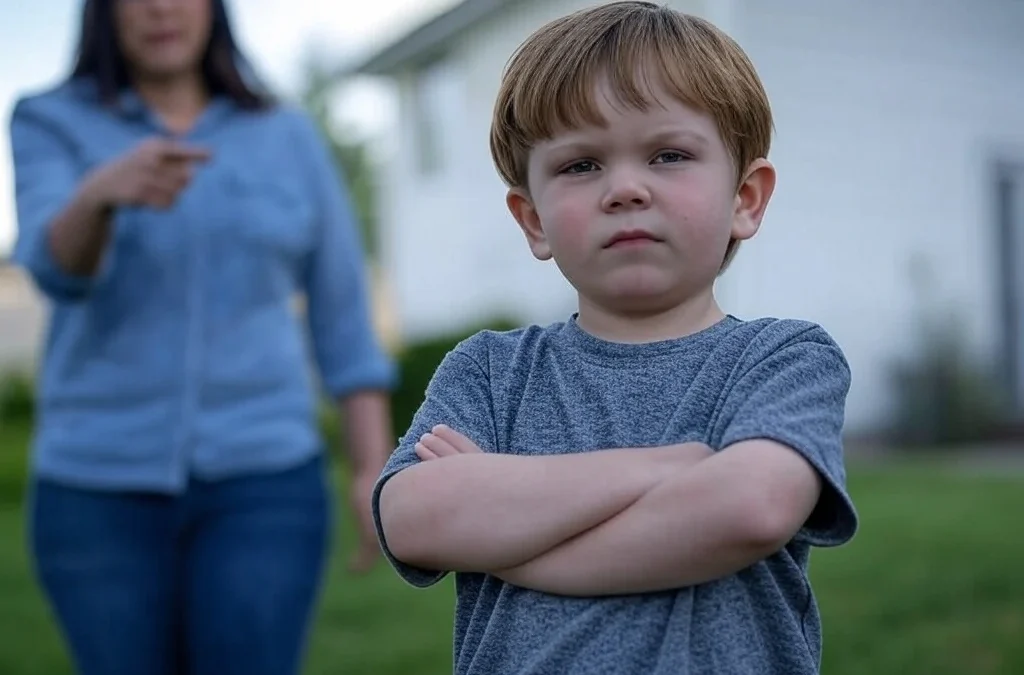
30 Defiance Examples & Meaning
Defiance is something most people experience at some point in life. You feel it when you say no to something that...
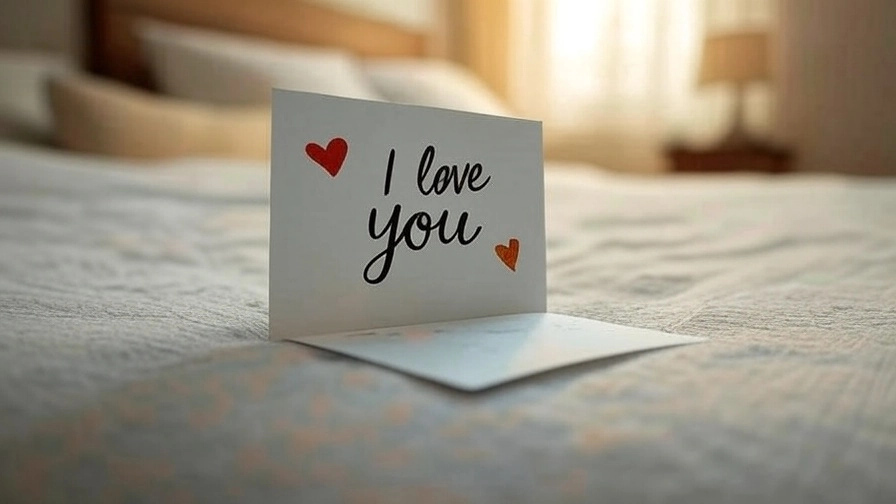
30 Emotional Pleasure Examples & Meaning
Emotional pleasure comes from experiences that satisfy the heart, not just the senses. It’s the feeling you get when...
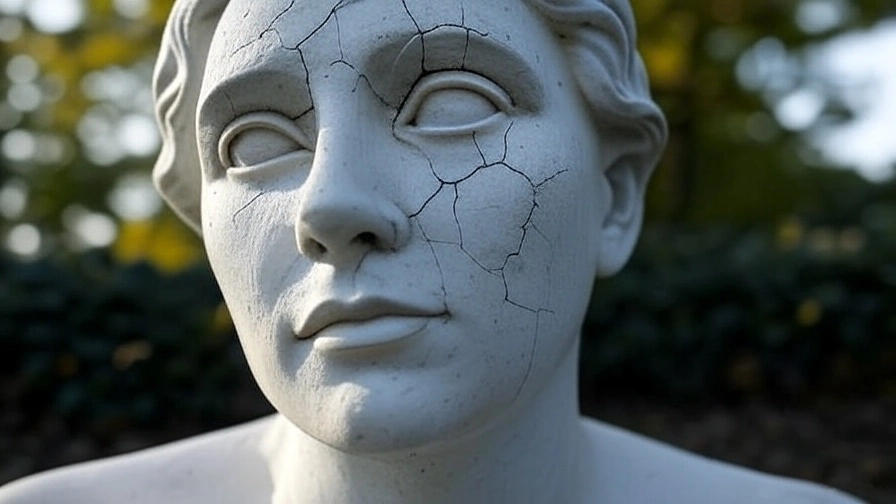
Top 50 Biggest Examples of Controversy
Controversy has been part of human society for as long as people have disagreed. Healthy debate can help a society...
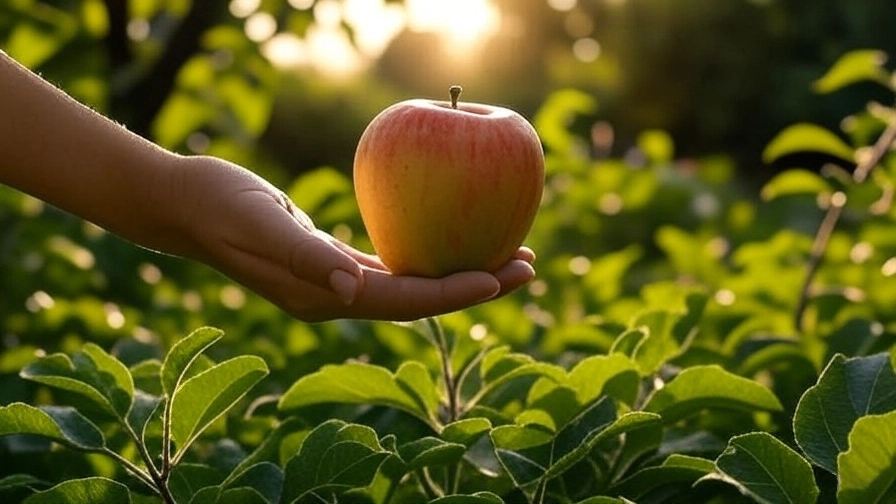
30 Seduction Examples & Meaning
Seduction is part of how people build attraction, create emotional tension, and connect on a deeper level. From a...

100+ Things That Are Cold
Cold is something most people understand the moment they feel it. You step outside on a freezing morning. You grab a...

Top 30 Desire Examples & Definition
Desire is a powerful force that drives much of human behavior, shaping our goals, dreams, and everyday decisions. It's...
Get Inspired with BitGlint
The Latest
30 Liminal Space Examples & Meaning
You’ve probably been in a liminal space without even knowing it. An empty hallway in a hotel. A school building during summer. A quiet airport at night. These places feel strange—but also oddly familiar. You’re not where you were. You’re not yet where you’re going....
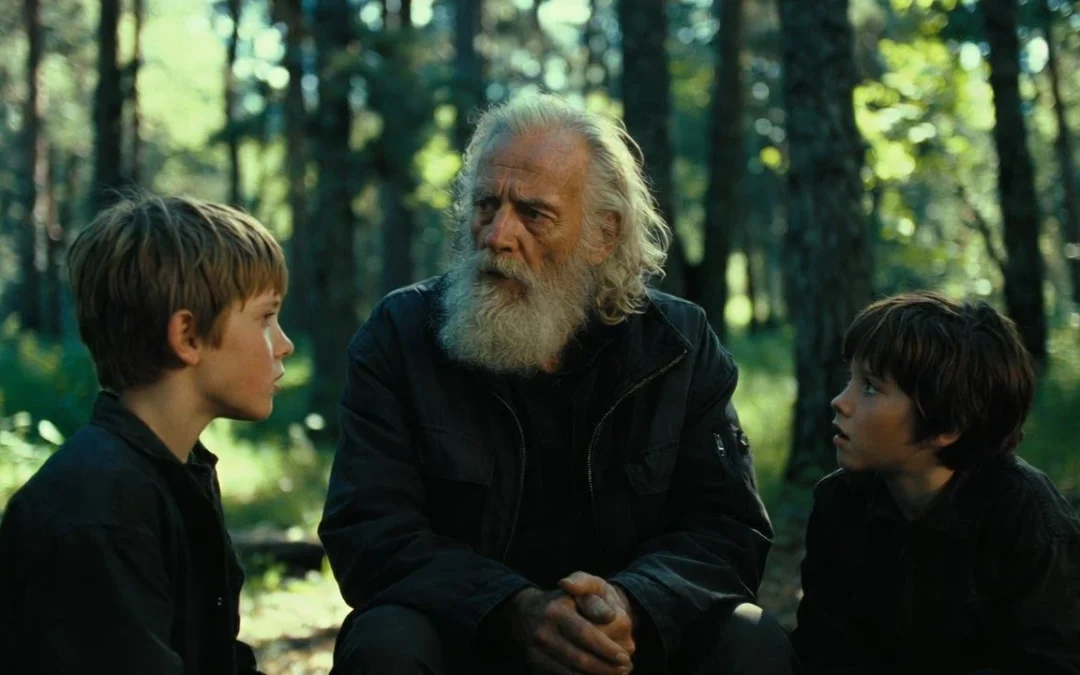
40 Powerful Anecdote Examples
Stories shape how people understand ideas - but not all stories are the same. One of the most common and useful forms is the anecdote: a short, focused story that captures a single moment to make a point clearer or more memorable. You encounter anecdotes constantly -...
30 Nature Worship Examples & Meaning
Nature has always mattered to people. Long before modern religions, people looked to the sky, the land, and the seasons for meaning. They saw power in the sun, mystery in the moon, and spirit in rivers, trees, and animals. They didn’t need churches or scriptures to...
20 Compromise Examples & Definition
Finding a middle ground is something we do every day, often without even realizing it. Imagine you and your friend want to watch a movie. You’re in the mood for a thriller, but your friend prefers a comedy. Instead of arguing, you both agree on a light-hearted mystery...

